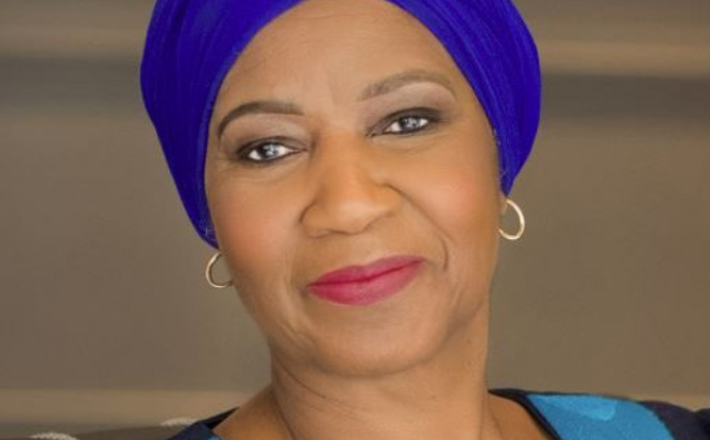COVID-19: Women front and center
Source: UN Women
Statement by Phumzile Mlambo-Ngcuka, UN Under-Secretary-General and UN Women Executive Director,
One thing is clear about the COVID-19 pandemic, as stock markets tumble, schools and universities close, people stockpile supplies and home becomes a different and crowded space: this is not just a health issue. It is a profound shock to our societies and economies, exposing the deficiencies of public and private arrangements that currently function only if women play multiple and underpaid roles.
We applaud the efforts of governments who are taking extraordinary measures to stop the spread of infections. And the strong leadership, from grassroots to head of state, providing well targeted response, from Chancellor Merkel and Prime Minister Solberg addressing national anxieties, to Prime Minister Ardern highlighting welfare in her economic measures.
With children out of school, mothers at home may still work, but many have also become teachers and caregivers, with consequences for those previously employed in those roles. For the 8.5 million women migrant domestic workers, often on insecure contracts, income loss also affects their dependents back at home. Professional women like South Korean mother-of-two Sung So-young are reporting the dilemma of needing to return to the office but are having to forgo that to enable their higher-earning partners’ continued work. As schools close in more countries, the number of mothers facing this across the world rises and the consequences accumulate.
Click here to read the full article published by UN Women on 20 March 2020.

Statement by Phumzile Mlambo-Ngcuka, UN Under-Secretary-General and UN Women Executive Director,
One thing is clear about the COVID-19 pandemic, as stock markets tumble, schools and universities close, people stockpile supplies and home becomes a different and crowded space: this is not just a health issue. It is a profound shock to our societies and economies, exposing the deficiencies of public and private arrangements that currently function only if women play multiple and underpaid roles.
We applaud the efforts of governments who are taking extraordinary measures to stop the spread of infections. And the strong leadership, from grassroots to head of state, providing well targeted response, from Chancellor Merkel and Prime Minister Solberg addressing national anxieties, to Prime Minister Ardern highlighting welfare in her economic measures.
With children out of school, mothers at home may still work, but many have also become teachers and caregivers, with consequences for those previously employed in those roles. For the 8.5 million women migrant domestic workers, often on insecure contracts, income loss also affects their dependents back at home. Professional women like South Korean mother-of-two Sung So-young are reporting the dilemma of needing to return to the office but are having to forgo that to enable their higher-earning partners’ continued work. As schools close in more countries, the number of mothers facing this across the world rises and the consequences accumulate.
Click here to read the full article published by UN Women on 20 March 2020.